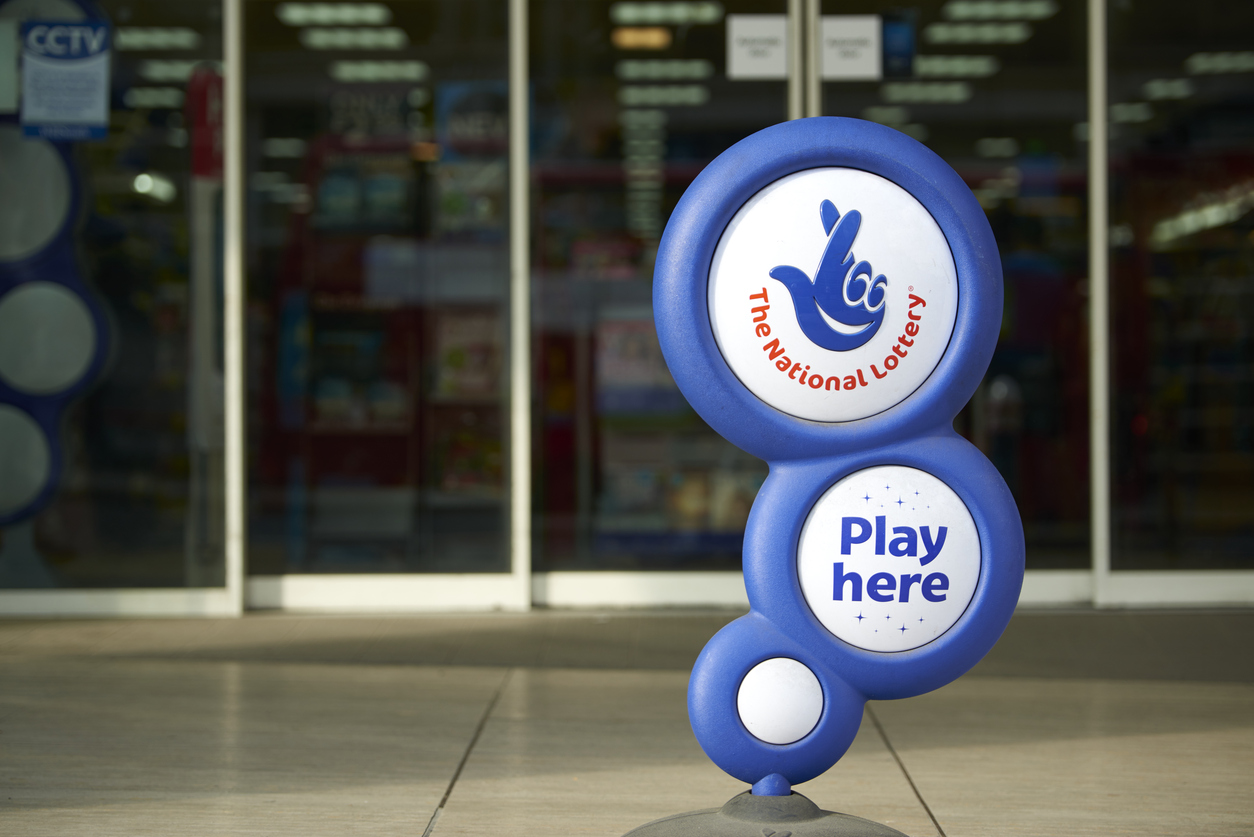The National Lottery was founded by the government. It’s operated under license by the private sector firm Camelot, but its primary function was and is “raising as much money as possible for good causes”. It’s not a money-grabbing enterprise; 25p of every £1 it makes goes to good causes, 53p goes to the winners and the rest goes to retailers, taxes and admin fees. These “good causes” cover everything from financing independent films and sports teams to upkeep and maintenance for local gardens and museums.
If the National Lottery is so clearly about community, why is it so commonly seen as a private, almost selfish, experience? This is a question the National Lottery itself has been asking through its new advertising campaign which might not have the answers, but could transform its image. Because it’s this public perception that could be responsible for the recent fall in lottery ticket sales. The National Lottery’s campaign, coupled with new ways of playing the lottery online, might just help rehabilitate the brand, and keep it relevant for a new generation.
Online lottery syndicates bring players together
Players have traditionally entered the lottery by picking up a ticket at the corner shop or the supermarket. Thanks to the internet, this has changed. As well as playing the many different games available on the National Lottery’s website, players can use social media or lottery syndicate websites to buy tickets together.
A lottery syndicate involves groups of people chipping in to buy a number of tickets and sharing any winnings in proportion to how much they initially contributed. Though these can be formed offline, websites like Lotto Social connect those who want to join a lotto syndicate with like-minded players.
Knowing that you’re taking part in the lottery at the same time as (and in conjunction with) other people counters the perception that lotto is something people engage with as individuals. It also helps restore the community aspect that the National Lottery itself sees as so important to its reputation. And, importantly, the increased odds of winning will more than likely drive more players to take part.
The National Lottery’s new ad campaign rebrands winning the lottery
Think about the last time you read about someone who had won the lottery. They were probably pictured posing with a giant cheque and a bottle of champagne. Maybe there was a shiny new car in the driveway. This image of big-spending lottery winners has come to overshadow what the lottery was meant to be about: making a difference to the lives of ordinary people. It didn’t help that one of the National Lottery’s first winners blew his entire fortune on a wild spending spree.
The National Lottery’s new campaign of “grounded” ads challenges the public’s perceptions of what a lottery winner looks like. The first advert—a two-minute spot with the strapline “Amazing starts here”—highlights the day-to-day struggles of a Scottish fisherman and his family back home while he’s at sea. Upon his return, he discovers he and his wife have won the lottery, and she’s bought a large (but not comically large) detached house within sprinting distance of their old one.
Speaking to Campaign, Camelot’s Head of Brand Marketing said this new strategy was about showing the lottery was about “security, not champagne and diamonds”. As well as demonstrating the concrete, realistic difference the lottery can make for winners, the new campaign is intended to prove that players can “make Britain better by buying a ticket”. This could be through the National Lottery’s charitable efforts, or simply by helping a humble fisherman’s family find a new home. You might not win every time you buy a ticket, but someone will.
Whether these efforts will have an impact on ticket sales is still an open question, but without a doubt they help bring the National Lottery back towards what it was meant to be in the first place: a community-facing organisation that brings people together to raise as much money as possible for good causes.



 Bitcoin
Bitcoin  Ethereum
Ethereum  Tether
Tether  XRP
XRP  Solana
Solana  USDC
USDC  Cardano
Cardano  TRON
TRON  Lido Staked Ether
Lido Staked Ether  Avalanche
Avalanche  Toncoin
Toncoin